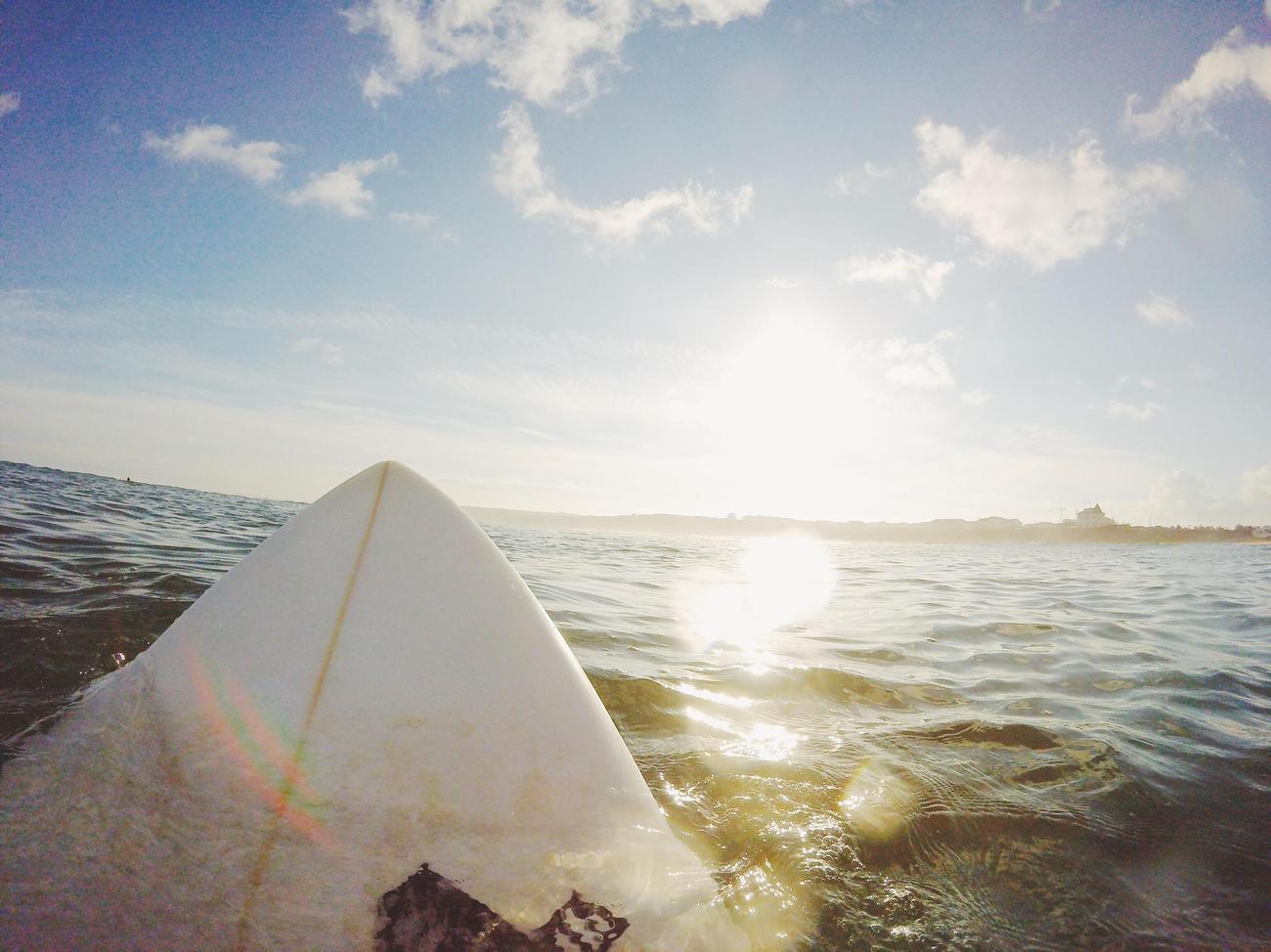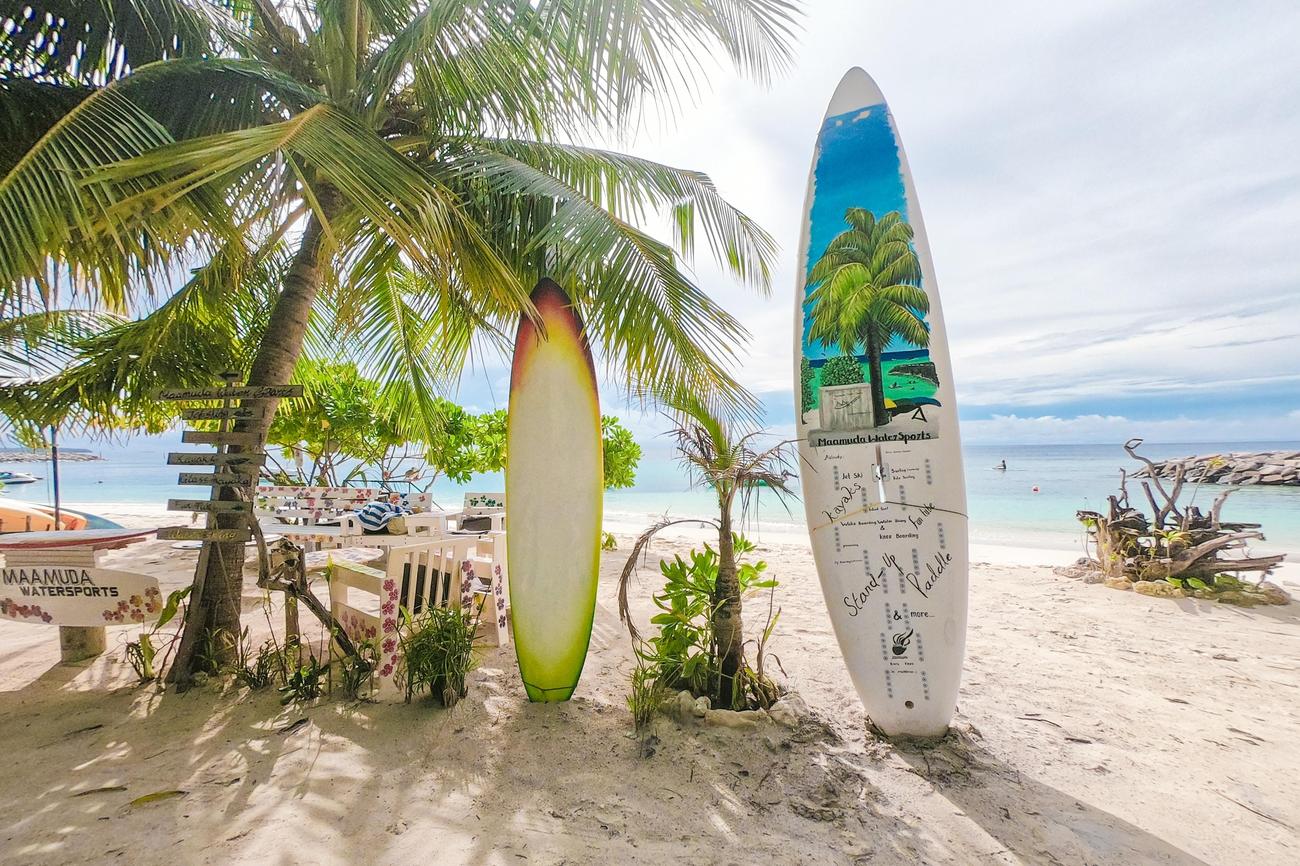Are you ready to paddle out into the thrilling world of surfing and dive deep into the origins of this ancient practice? Join me as we embark on a ride through time, exploring the roots of surfing and the impact it has had on communities around the globe. From the serene waves of Polynesia to the laid-back beaches of California, we’ll uncover the stories and traditions that have shaped the evolution of this thrilling water sport. Get ready to hang ten as we dive into the captivating world of the origin of surfing and its mesmerizing global impact.

Origin of Surfing
The origin of surfing can be traced back to the ancient Polynesians, who are widely believed to be the first people to ride waves using rudimentary wooden or bamboo boards. Cave paintings from the 12th century in Polynesia depict individuals riding waves, providing evidence of the early origins of this thrilling water sport. It was in Hawaii, however, that surfing truly gained popularity and flourished.
“Surfing originated in Polynesia and grew in popularity in Hawaii, thanks to the early Polynesian settlers who brought this awe-inspiring practice with them.”
The early Polynesians used their hands and feet to paddle while lying on their stomachs, experiencing the exhilarating rush of riding waves. This primitive form of surfing served as a means of transportation, a way to fish, and a source of enjoyment. It was an essential part of their culture, embedded in their traditions and daily lives.
“Early surfers relied on their instincts, using their hands and feet to paddle and navigate the waves.”
The sport of surfing gradually evolved, and the ancient Polynesians are credited with inventing the surfboard as we know it today. These boards were larger and more refined, allowing surfers to stand up and ride the waves while showcasing their skills and mastery of the ocean.
“The ancient Polynesians revolutionized surfing by inventing the surfboard, enabling surfers to ride waves while standing up.”
Not only was surfing seen as a challenging and exciting activity, but it also held great social significance. It was a way for individuals to prove their strength, demonstrate their ability to conquer the powerful waves, and gain respect within their communities, particularly among the upper class.
“Surfing became a symbol of strength, skill, and social standing, allowing individuals to gain respect and recognition within their communities.”
Interestingly, the history of surfing extends far beyond Polynesia. Various cultures around the world have left their mark on this ancient practice. For instance, West African coastal tribes had their own form of wave-riding, similar to surfing, centuries ago. In ancient Peru, fishermen used reed boats to ride the waves, showing that the fascination with surfing goes beyond just riding waves on a board.
“Surfing is a global phenomenon with influences from cultures around the world, ranging from West African tribes to ancient Peruvian fishermen.”
Today, surfing has transcended its humble origins to become a widely recognized and practiced sport. It has evolved into a global community, bringing together individuals from different backgrounds, cultures, and skill levels. Surfing competitions, surf schools, and surf tourism have flourished, contributing to local economies and igniting a passion for the waves in people around the world.
“Surfing has grown into a global community, uniting people from diverse cultures and backgrounds, and contributing to local economies.”
In conclusion, the origin of surfing can be traced back to the ancient Polynesians, who introduced this exhilarating water sport to Hawaii and beyond. From the primitive wooden boards to the refined surfboards of today, surfing has evolved significantly. Its impact extends far beyond just riding waves, shaping communities and cultures while captivating the hearts of adventure seekers worldwide.
“The origin of surfing lies in the ancient Polynesians, whose innovation and love for riding waves have left an indelible mark on the global surfing community.”
Surfing is a sport that has captured the hearts of millions around the world. But have you ever wondered who invented this exhilarating water activity? The answer might surprise you. Discover the fascinating story of the person behind the invention of surfing. Click here for the captivating tale of “Who Invented Surfing”: Who Invented Surfing. Get ready to be amazed by the ingenuity and passion that led to the birth of one of the most beloved water sports in history.
FAQ
Q: Where is surfing believed to have originated?
A: Surfing is widely believed to have originated in Polynesia.
Q: What were the early surfboards made of?
A: The first surfers used rudimentary boards made of wood or bamboo.
Q: How did early surfers ride the waves?
A: These early surfers rode the waves on their stomachs, using their hands and feet to paddle.
Q: Are there any historical records of early surfing?
A: Cave paintings from the 12th century in Polynesia depict people riding waves, suggesting the early origins of surfing.
Q: How did surfing spread to other parts of the world?
A: Polynesians brought surfing to Hawaii, where the sport became popular.
- Crypto Quotes’ Red Flags: Avoid Costly Mistakes - June 30, 2025
- Unlock Inspirational Crypto Quotes: Future Predictions - June 30, 2025
- Famous Bitcoin Quotes: A Deep Dive into Crypto’s History - June 30, 2025
















